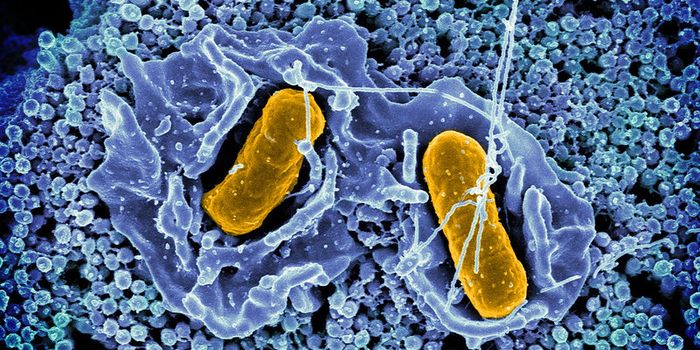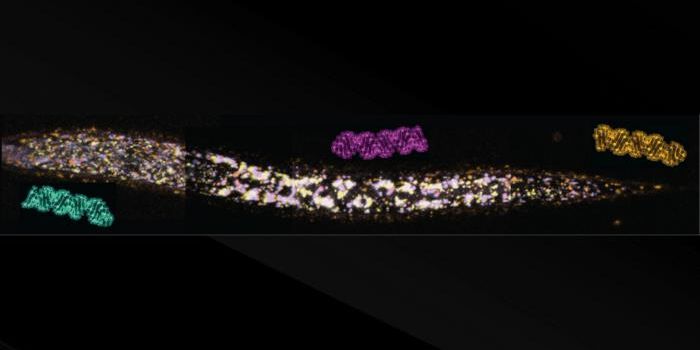Men tend to lose the Y chromosome from blood cells as they age, called LOY, and that loss appears to be compounded by some risk factors like smoking. There is speculation that it’s one reason why men tend to have shorter life expectancies than women. A
report published May 23, 2016 in the American Journal of Human Genetics has now associated LOY with a higher risk of Alzheimer’s Disease.
The
study, by researchers at Uppsala University in Sweden, involved over 3,000 participants. It found that men showing a loss of Y chromosome from their blood had developed Alzheimer's as often as people who carried genes putting them at highest risk for the disease.
"Most genetic research today is focused on inherited gene variants -- mutations that are inherited by the offspring, but what we're looking at are postzygotic mutations that are acquired during life," says Lars Forsberg, a researcher in the Department of Immunology, Genetics, and Pathology at Uppsala University and senior author. "Using new tools to analyze genetic variations that accumulate with age, we can help explain how sporadic diseases like cancer or Alzheimer's manifest," said first author Jan Dumanski.

LOY is known to be associated with higher risk of cancer. The work also suggests that smoking may induce LOY, which would compound the risk. The researchers speculate that this may have something to do with a deficiency in immune system performance; LOY has been suggested by other groups as one cause of some rare autoimmune diseases. Defects and stresses on the immune system, such as certain viral and bacterial infections, have been associated with the development of Alzheimer’s Disease as well.
But it’s still unclear how LOY may be linked to an increased risk for disease. One hypothesis is that LOY is just one observable shift in a more general degeneration of chromosomal instability occurring in other cell types, like neurons.This study is another reinforcement of the importance of the Y chromosome in processes still poorly understood.
"Having loss of Y is not 100 percent predictive that you will have either cancer or Alzheimer's," Forsberg said. There were men in the study who lived with no symptoms well into their 90s even though they had LOY. "But in the future, loss of Y in blood cells can become a new biomarker for disease risk and perhaps evaluation can make a difference in detecting and treating problems early."
Dumanski, Forsberg and colleagues plan to investigate the effect of LOY in larger samples and explore exactly how it may confer risk for associated types of cancers and disease. In addition, they would like to analyze the cellular alterations loss of Y causes and how that affects various types of blood cells.
Sources:
AAAS,
American Journal of Human Genetics










